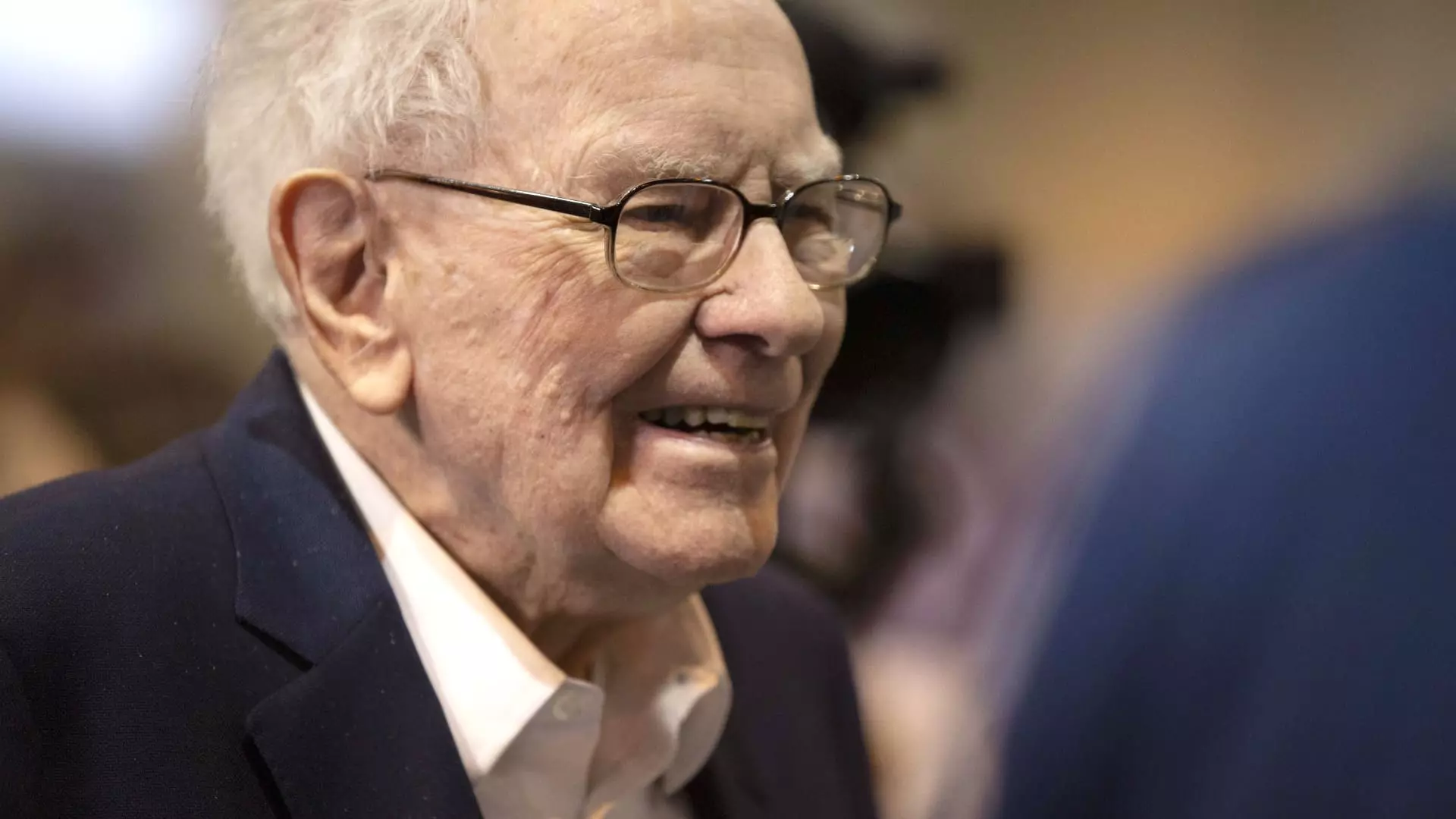Warren Buffett, the revered CEO of Berkshire Hathaway, has recently drawn significant attention for his defensive posture towards stock investments. Despite being widely recognized for his aggressive equity strategies over the decades, recent actions have signaled a notable shift in approach. With an unprecedented cash pile reaching $334 billion and stock sales amounting to over $134 billion in the last quarter alone, many shareholders and market analysts are questioning the rationale behind his decisions. This article seeks to unpack these developments, exploring the implications for Berkshire Hathaway as well as potential future strategies.
In his latest annual letter, Buffett emphasized that the substantial cash reserves should not be misinterpreted as a retreat from equities. While he acknowledges his record cash holdings, he also reassured stakeholders that a majority of their capital remains tied to stocks. This messaging reflects a common dilemma faced by investors: balancing the need for liquidity against the potential growth of capital through equities.
Buffett’s reluctance to invest aggressively in the current market climate, despite the allure of strong equities returns, raises questions about the factors influencing his strategic decisions. His past statements suggest frustration with high market valuations and limited buying opportunities, presenting a disconcerting juxtaposition for those who have long trusted his investment acumen. As interest rates are expected to decline from their current peaks, observers wonder whether Buffett’s cautious approach positions Berkshire well for future growth or signals uncertainty in market stability.
Buffett’s decision to sell significant portions of Berkshire’s equity—particularly its stakes in prominent companies like Apple and Bank of America—has not only raised eyebrows but also heightened skepticism among shareholders. As the S&P 500 has rallied, witnessing a growth spurt over the last two years, many are puzzled as to why Buffett would choose this moment to divest, especially when equities have demonstrated resilience.
Another layer to this narrative is Buffett’s cessation of stock buybacks. Despite a surge in Berkshire’s operating earnings, the company has not repurchased shares in recent quarters. This withholding of capital raises questions: Is Buffett waiting for a more advantageous opportune moment, or is he anticipating a broader market correction? The strategic reasoning behind holding off buybacks and stock sales becomes even more critical when contrasted with the bullish market dynamics, indicating an underlying caution despite the positive trajectory of stock performance.
Preparing for a Successor
Speculation around Buffett’s recent actions also centers on the potential preparation for his successor, Greg Abel. The elevation of Abel as the designated successor has amped discussions regarding Berkshire’s future investment strategies. Buffett praised Abel’s knack for identifying potential investments, likening him to the late investor Charlie Munger. Some analysts interpret Buffett’s reduction of equity positions as an effort to prepare the company for Abel, clearing the clutter before handing over the reins.
This notion suggests that Buffett may be strategically cultivating an investment approach tailored to future market conditions that Abel will navigate. Should this interpretation hold validity, it implies that Burlington’s long-term strategy could be under more fluid conditions, influenced heavily by perspectives within a new leadership framework.
As the financial landscape continues to evolve, the implications of Buffett’s current strategies will undoubtedly unfold over time. His insistence on keeping a hefty cash reserve, even while the S&P 500 flourishes, underscores a cautious yet calculated approach. Shareholders must stay attuned to market indicators and Buffett’s subsequent decisions, which carry ramifications for their holdings.
What becomes clear is that while Buffett may herald a preference for equities, the tactical decision-making behind cash reserves could pave the way for a transformative investment era within Berkshire. The interplay of wealth preservation against investment growth is a delicate balance and will be extensively observed as both market conditions and Warren Buffett’s legacy unfold. Ultimately, whether this strategy manifests in sustainable growth or stagnation remains to be seen, but investors are left with a complex puzzle waiting for resolution.

